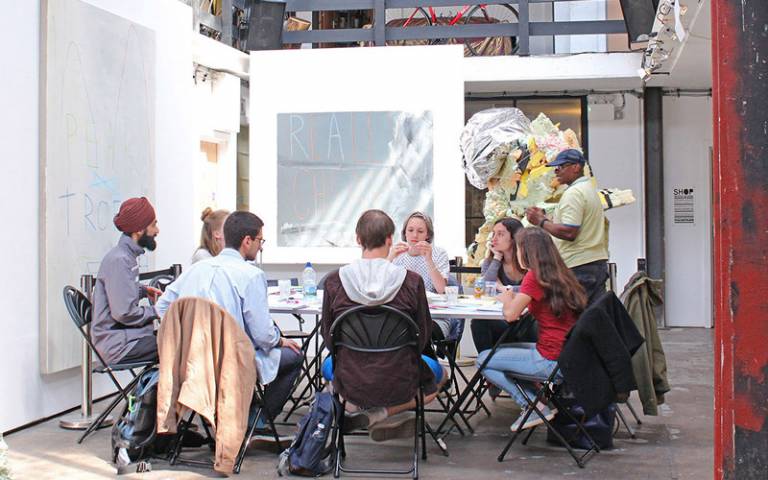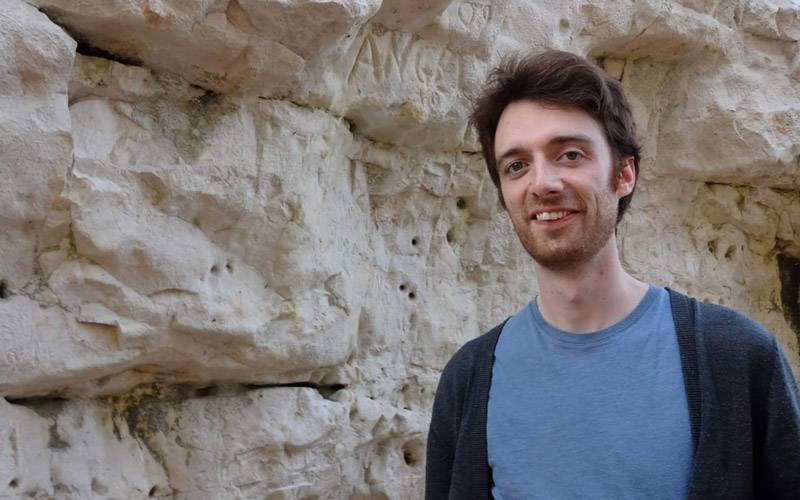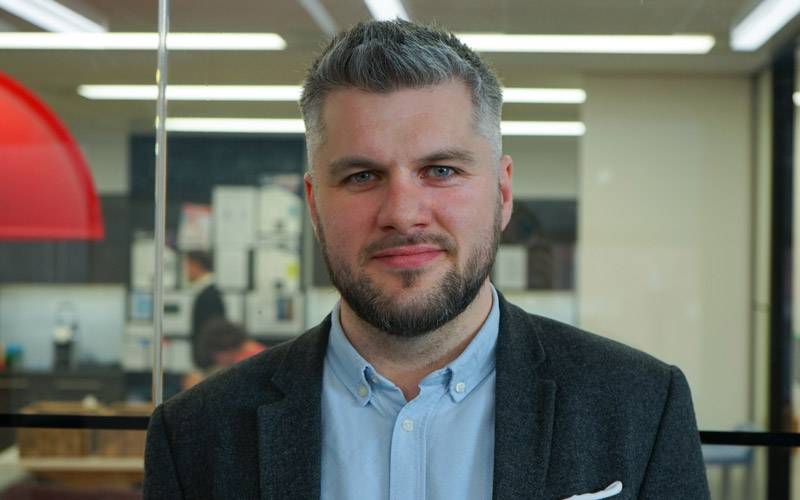The Bartlett Faculty Impact Update
29 April 2019
Ed Manley (Faculty Impact Lead) and Tadhg Caffrey (Faculty Impact Manager) discuss the past 9 months for the Faculty, including the preparation for submitting Impact Case Studies for REF2021 and the wider opportunities of the impact agenda.

Ed: Hi Tadhg, how have the first 9 months of your role as Faculty Impact Manager been?
Tadhg: Since joining the Bartlett Faculty in August of last year I’ve had the great pleasure of immersing myself in the powerful and meaningful research and teaching of the Faculty. I very quickly had a full diary of meetings with staff, students and partners who were keen to share their approaches to impact and learn more about our approach from a Faculty perspective.
These conversations have opened my eyes to wide potential of impact across the Faculty, and have confirmed my early suspicion that this is a Faculty keenly focused on creating positive change. This is no more obvious than with the Centenary celebrations, which highlight in real terms the influence of the Bartlett over the preceding 100 years.

Can you tell us Ed, a little bit about your background in impact and your role as Impact Lead?

Ed: I am an Associate Professor in CASA, where I am also Director of Research. I have always had a keen interest in impact-led research, starting from my time as an Engineering Doctrate study (partnered with Transport for London) and since through my research on urban mobility. As Impact Lead for the faculty I head up the preparation of the Impact Case Study component of the next REF. I’ve been in this role since 2017, and its been fascinating seeing the incredible variety of impactful work going on the faculty. Having run through a lengthy review and drafting process to identify our case studies, I feel at this point we’re in a good place heading into the REF.
Tadhg: Let’s share our current focus, for those who might not be aware.
Ed: Our current main focus for impact across the Faculty is our submission of Impact Case Studies for REF2021. The Faculty will submit up to 11 case studies for the REF, telling some of the stories of the vast impact our research has outside of academia. There is a huge variety of really impressive work across the Impact Case Studies that we are developing, from leading the UNESCO recognition of modernist architecture in Eritrea to guiding national and international policy on mitigating climate change, to reshaping the ways governments see their role in sparking innovation. Our impact is wide and large, and I think it’s something we should all be proud of.
We’re focused on giving our staff all of the tools and advice they need to ensure that these cases are well-evidenced and reach as many people as possible. We hope to share more stories about these impacts and to have an opportunity in the coming months to celebrate the impact our research is having in the world.
Tadhg: We’re also keen to broaden the conversation about what impact is for the Faculty and what it could be. Traditionally (and understandably!) impact has been seen as an add-on and an onerous expectation for busy staff and students. What has struck me most since joining the Faculty though, is how much impact is already happening.
The Faculty creates impact through a variety of teams, policies and mechanisms including communications, public and community engagement, public policy influence, knowledge exchange and industry partnerships, innovation and enterprise, and through the work of our students and alumni. We create influence in our local communities in Bloomsbury and the Olympic Boroughs, nationally and internationally.
I think that we’re therefore in a unique position to explore further how impact can be embedded in our work, and how the processes its processes of evaluation, reflection and partnership work can enhance rather than hinder, our research and teaching.
What do you think the future holds for the impact agenda and the Faculty Ed?
Ed: I think our faculty can play a central role in promoting the importance of impact right across UCL and further afield. We are unique in our comprehensive approach to studying and shaping the Built Environment, and so our potential impact on cities can potentially be immense. I personally feel we academics carry a moral duty in changing our world for the better, and in times like these, it is vital that we continue to make a positive impact outside the typical confines of the university.
In terms of our role in this, while the REF can be seen as an administrative burden, I hope that the process serves to highlight the brilliant and impactful work going on in the Bartlett. But I also hope it helps others reflect on the potential of their own research, and encourage wider engagement. We have so much great stuff happening here, it’d be a shame to keep it locked up within the university.
Tadhg: Well put Ed! Just to add also that in the coming months we will seek to understand how the impact agenda can enhance these areas and our position as a Faculty of socially aware staff and students. This conversation should be broad, open and honest, and should reflect on how we can better support the equitable creation and dissemination of knowledge.
Ed: So how can staff, students and our external partners get involved in this conversation?
Tadhg: Drop me a line on t.caffrey@ucl.ac.uk! I’ll also be hosting monthly drop-in sessions in Term 3 to discuss anything impact related (schedule below).
Ed: Sounds like a great initiative - we’re very lucky to have our own source of expertise on impact, and I am sure you will be kept busy! As I say, as a faculty we’re so well placed to make a telling influence on the wider world, we are not only here to tick the REF boxes but to help everyone maximise the potential of their work.
Impact drop-in sessions
- Wednesday 8th May – 3-5pm: Construction Project Management, Reception, 2nd Floor 1-19 Torrington Place
- Wednesday 5th June – 2-4pm: 22 Gordon Street, Reception
- Wednesday 3rd July – 2-4pm: Central House, Reception
Lead image: the Prosperity Index for London is the first time the UK has had prosperity metrics based on a model and priorities identified by citizens and local communities. Just one of many examples of how the Faculty creates change outside of the university. Credit: IGP (2015)
 Close
Close

